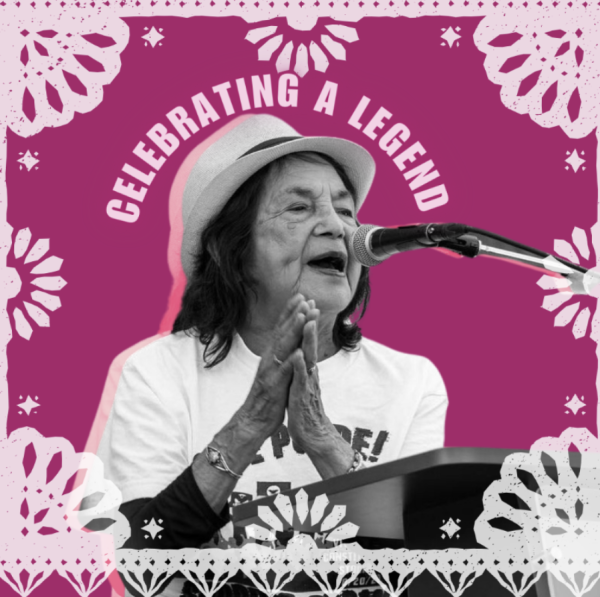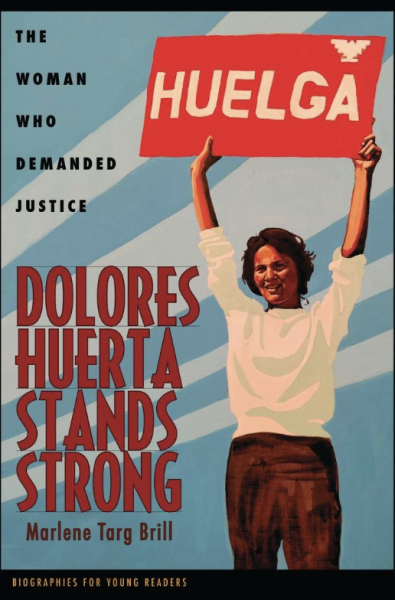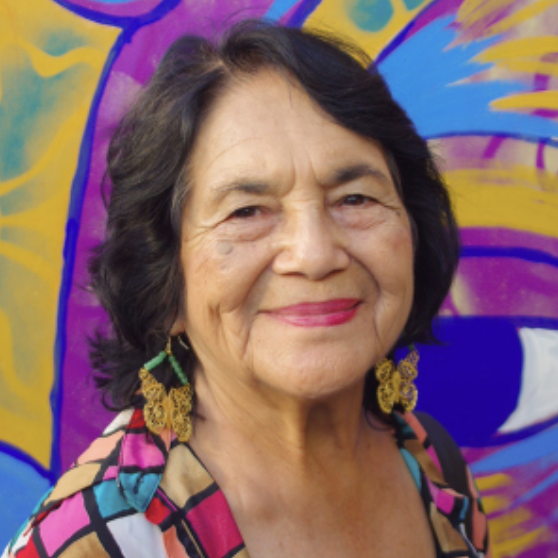When most people hear about the farmworkers’ movement of the 1960s, the name César Chávez often comes to mind. But standing right beside him organizing, leading, and speaking just as fearlessly was a woman whose legacy continues to shape America today: Dolores Huerta.
Born in 1930 in Dawson, New Mexico, and raised in Stockton, California, Huerta grew up surrounded by the struggles of migrant laborers. Her mother ran a small hotel that often housed low-wage workers, teaching Dolores the importance of compassion and community. That sense of justice soon became her life’s work.

In 1962, Huerta co-founded the United Farm Workers or UFW with Chávez. While he often became the face of the movement, Huerta was its heart and strategist through negotiating contracts, organizing boycotts, and fighting tirelessly for fair wages and humane conditions for farmworkers across California and beyond. It was Huerta who coined the iconic rallying cry “Sí, se puede!” or, Yes, we can! a phrase that continues to inspire generations of activists.

Huerta faced sexism, racism, and even physical violence for her work. In 1988, she was severely beaten by police during a peaceful protest in San Francisco. Yet even as she recovered from broken ribs and a ruptured spleen, she refused to back down. She only grew stronger.
Today, at 95 years old, Dolores Huerta remains a symbol of courage and equality. Her foundation continues to empower young people to stand up for justice in their own communities.

As we celebrate Hispanic Heritage Month while celebrating women, Huerta’s story reminds us that progress often begins with one person’s determination to say “Sí, se puede” during injustice. She not only transformed the lives of countless farmworkers but also redefined what it means to be a leader proving that a woman’s voice can move a nation.


